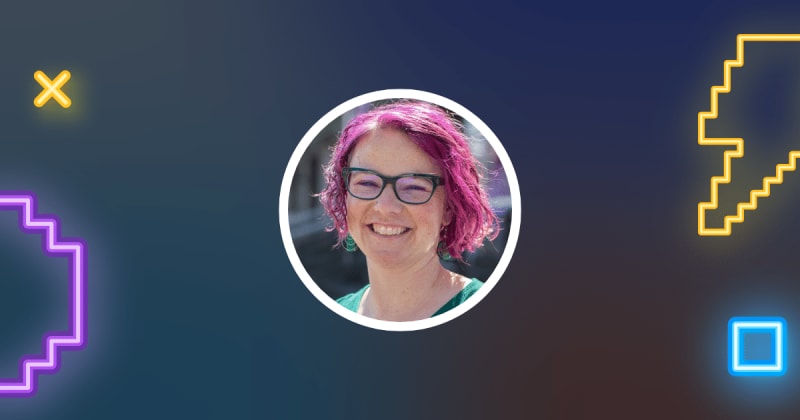For more content like this subscribe to the ShiftMag newsletter.
Developer Relations, Developer Advocacy, Developer Experience, and Community Building are just some of the terms used for a set of activities companies use to engage and interact with engineers using their products.
We’ve asked Mary Thengvall, one of the pioneers of DevRel and a speaker at Shift Miami conference, to demystify what all of those terms mean, and why you should care as a developer.
Awareness, enablement, and engagement
So, what are the differences between the terms Developer Relations, Developer Advocacy, Community Management, and Developer Experience? How do they differ or overlap?
“The biggest overlap is our desire to build vibrant technical communities that a) help us build a better product through feedback and contributions and b) help each other use the product through answering questions and sharing best practices”, Mary says.
On the other hand, the main differences lie in the day-to-day focus areas. Some emphasize community programs, others create technical content, and some manage forums or community hubs for user support and resources.
The primary objectives in this field is to empower the technical community that uses your product which, according to Mary, can be split into three categories: awareness, enablement, and engagement.
People need to be aware that your product exists and is capable of meeting their needs.
They need to be able to find resources that can enable ** them to use your product.
And ultimately, to build a strong and active community of users, people need to be willing to not only use the product, but **engage with your community of users.
All of these goals serve the purpose of providing value for the users of the product while supporting the company goals and initiatives, and Mary explained it in more depth in a blog post from a few years ago.
DevRel is not “someone who travels to a lot of conferences”
Can Developer Relations play a role in the success and growth of technology companies like Camunda, where Mary serves as Director of Developer Relations?
The answer to this question, Mary believes, really depends on what the company’s goals are. But there is one thread that connects all of the various ways Developer Relations can contribute to a company’s success: ** ensuring everyone focuses on the product users’ needs**.
If this mentality can be rolled out across your entire organization, folks in the tech industry will notice. The more we listen to our users’ feedback, observe what’s happening in the tech industry, and encourage users to connect, the stronger our user base becomes, the more organic word-of-mouth spreads about our product, and the more likely we are to stay ahead of the rest of the market.
We asked Mary what strategies she employs to effectively communicate the value of Developer Relations to developers and other stakeholders within an organization, and she says a lot of it boils down to internal education.
“Do your colleagues understand what it is you’re doing on a day-to-day basis? Or do they simply see you as someone who travels to a lot of conferences? It’s incredibly important to be your own “PR company” and make sure you’re promoting the valuable tasks you’re performing and projects you’re working on”, she asks.
Developer Relations isn’t something that people naturally understand. It needs to be explained in ways that they understand and using terminology they care about.
DevRel as a translator of feedback
When conversing with the Engineering team, Thengvall suggest, DevRel can offer context on reported bugs from user feedback and share positive user feedback. With Marketing, they can explain why certain messaging doesn’t resonate and offer suggestions for improvement.
“ There’s a lot of “translation” that needs to happen between receiving feedback and communicating it to another team within the company, but if DevRel can establish that you’re all trying to achieve the same goals (happy users, which leads to the adoption of the product and customer retention), they’re more likely to listen to the feedback DevRel brings and seek it out in the future”, thinks Mary.
In the meantime, DevRels should try to keep up with the latest trends, and her advice is to read insights on LinkedIn. “I still have a short list of people that I check in with regularly, and co-hosting the Community Pulse podcast is a great way to stay up-to-date on what topics people care about most”, she concludes.
Remember, you can hear Mary’s lecture and meet her on April 23 at theShift Conference in Miami!
The post Mary Thengvall: Developer Relations isn’t something that people naturally understand appeared first on ShiftMag.







Top comments (0)